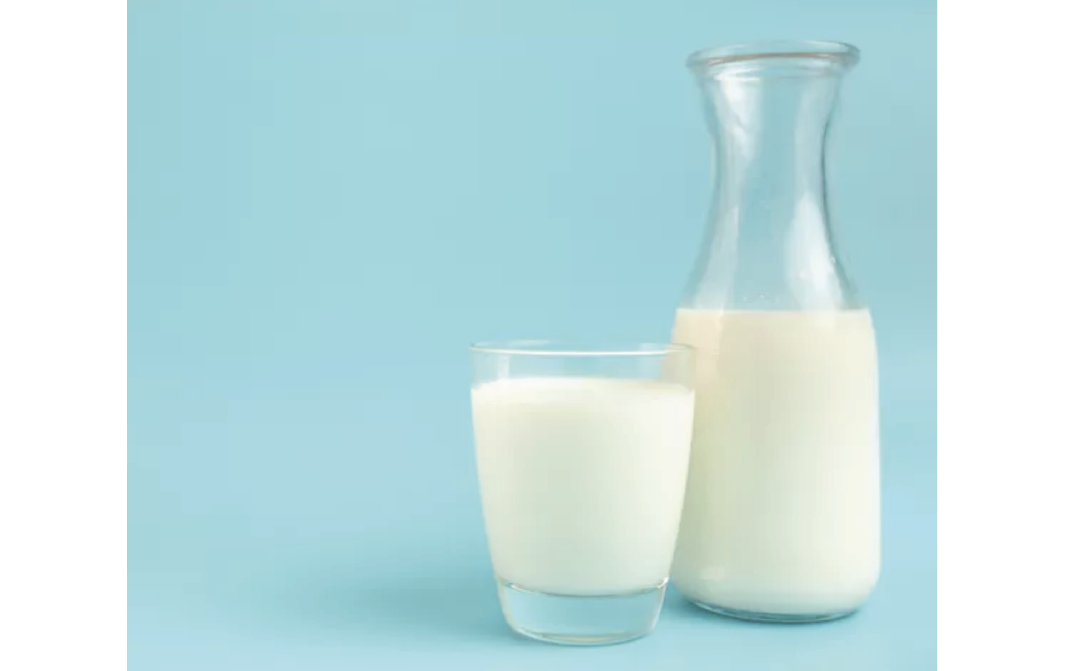


Pasteurized milk may increase the risk of asthma. It may also cause osteoporosis.(1)
- Disclaimer
"Information here is provided for discussion and educational purposes only. It is not intended as medical advice or product or ingredient review/rating. The information may not apply to you and before you use or take any action, you should contact the manufacturer, seller, medical, dietary, fitness or other professional. If you utilize any information provided here, you do so at your own risk and you waive any right against Culinary Communications Private Limited, its affiliates, officers, directors, employees or representatives.”
Description
Pasteurized milk is raw milk that has been heated to a specified temperature and time to kill pathogens that may be found in the raw milk. Pasteurized milk is considered to be healthy for a person to consume as the process kills disease causing germs. While a small amount of bacteria can survive the process of pasteurization, ultra-pasteurization produces a nearly sterile milk product. But ultra-pasteurized milk is not good to consume because it contains fewer nutrients than pasteurized milk, and even fewer when compared to raw milk. The best part about pasteurized milk is that it can be stored at less than 4 degree Celsius for atleast seven days.